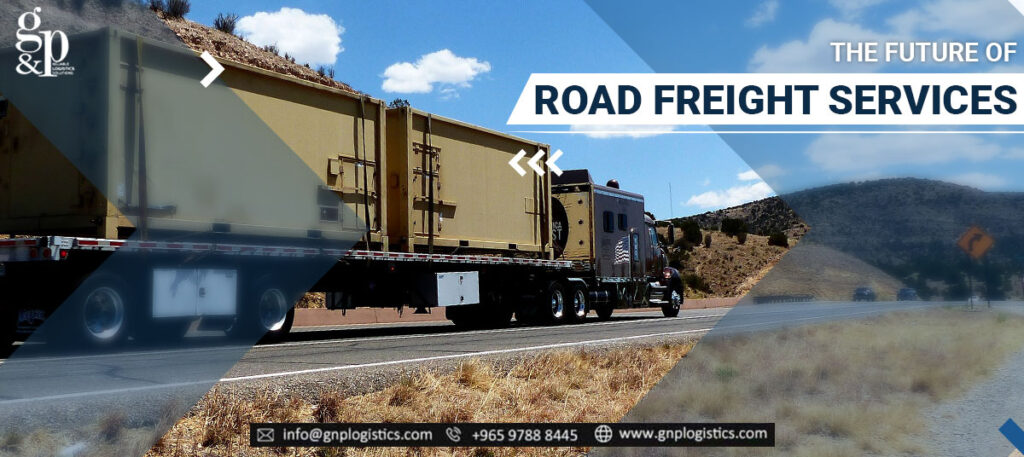The Future of Road Freight Services

We have seen in many science fiction movies where driverless vehicles that beam directly to their destination and it is turning to reality as the days pass by.
With the big auto brand such as Tesla coming up with driverless concept in their cars, some studies predict that how much quicker, more affordable, autonomous and environmentally-friendly road freight services are going to be.
All over the globe, the logistics sector and transport policies are aimed at protecting the environment and being much cleaner moving towards sustainability. Means of transport and the fuel used must therefore also follow suit. Hence, the importance of autonomous or electrical vehicles.
So, what is the future of Road transport going to be like? Here’s a short glimpse of it.
Cargo Truck Flocking
Truck flocking or also know as platooning is a major advancement towards future of the road transport. Some developed countries have already put their thoughts on implementing it in reality.
So what does cargo truck flocking means
It consists of a group of trucks, like a train with different wagons, the first of which indicates the route to be taken while the rest follow behind, in an autonomous fashion. All the trucks are connected together.
But what are the benefits of this system?
Well the first major benefit is less consumption of fuel due to not having to deal with wind resistance, which in turn makes the system more sustainable, as they emit less pollutants.
Hence it is cheaper both for the company and for the client making the order.
This system is much safer for truck drivers, as well as for vehicles travelling alongside them, reducing overtaking and sudden acceleration, therefore leading to fewer traffic jams and accidents.
Cost-cutting automatic trains
One of the problems associated with the desire for rail freight transport is the high costs. However, this will no longer be the case in the foreseeable future, thanks to high-speed automatic trains.
These will ensure quicker arrival times, as well as greater flexibility, where a company can rent a wagon without having to pay for the whole train. Each wagon will be independent, with freight charged on a mechanised basis.
This therefore leads to savings in both time and money, while also improving the environmental level, thanks to the fact that this type of transport uses fuels such as natural gas. This is also being used in countries, including the United States, while many companies across Europe are already trying it out.
Multimodal transport
Another future trend in terms of road transport is the promotion of multimodal transport, which we at G&P Logistics have already been doing for several years now, allowing for cost-saving and more effective solutions for our clients.
While this is by no means a new type of transport, it is experiencing a boom in the past few years and becoming more popular.
It leads to less congested roads, and ensures that there are no problems in completing the door-to-door service. This is a must, bearing in mind that truck transport is expected to increase by 40% by 2030. In this regard, multimodal transport allows for the more efficient and competitive transport of goods.
Back To Blogs